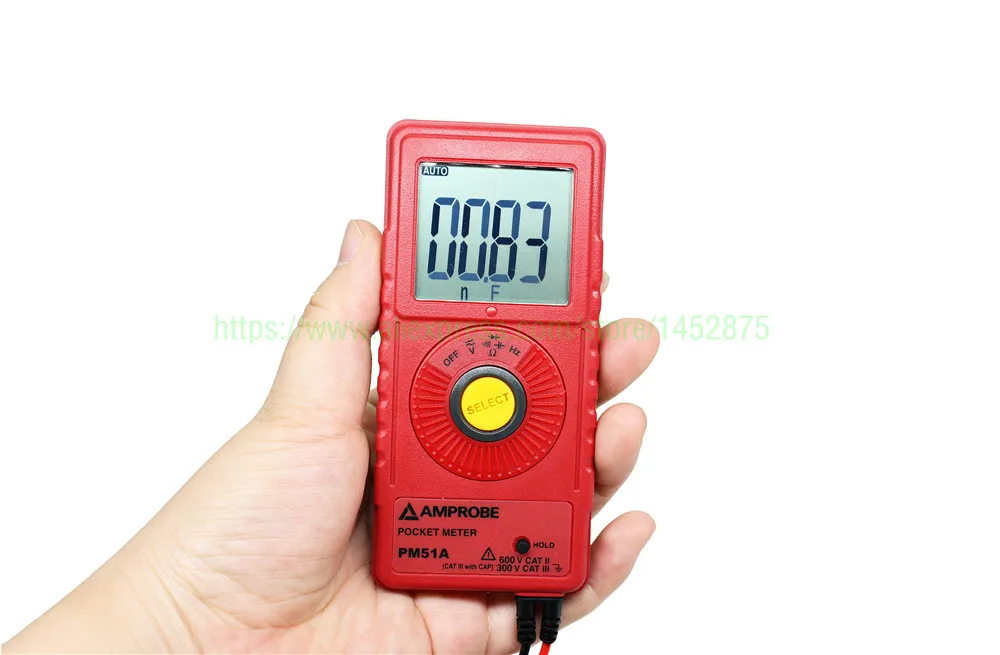Health:
Your battery is warranted for five years by Giant. If it fails to hold a charge, or power your bike, you can make a claim through your dealer. They have test equipment that will measure charge voltage, drop off, capacity, etc, within manufacturer specifications. It is generally accepted that your battery will perform at 80% or above for beyond five years, some 500-1000 charge cycles. There may be some specific cycles stated somewhere that I am unaware of, for these specific cells. I could not tell you what brand of cells we have in our packs, but assume they are of name-brand, like Samsung, Panasonic, LG, etc.
Charge State:
The Giant batteries for Yamaha Sync-Drive are either 400w or 500w, 36v. The 100% charged voltage measures 42 volts for a 10-pack battery like these. I can't tell you the exact cutoff we get with our basic charger, likely at 41volts. And I cannot give you a charge state by measured voltage, but perhaps someone like Thomas has a reference chart.
Generally a battery management system (BMS) will cut-off at 20%, or 27.5 volts.
Use:
The manufacturers have more or less done all of the math and settings for us so we can simply plug our charger in when we need a charge. You shouldn't need to do anything further. Proper care for best life is to store the pack at room temp, and to not leave it fully charged or discharged, but rather at 50-70% charge state. Lithium Ion batteries like these do not have a 'memory', so can be charged a little or a lot, whenever you want, without issue. You do not have to recharge it after every use, but you don't have to let it run all the way down either. The indicator lights are merely a reference of charge state as Thomas has explained.
References:
This site/post might provide further reading for you:
https://www.electricbike.com/ebike-battery-longevity/
And there's a 'battery university' site that has a mega-ton of information, far too technical for the vast majority of users, here:
https://batteryuniversity.com/
Pocket MultiMeter:
I got this one awhile back from Amprobe, one of the larger manufacturers of multimeters. The cost is reasonable, it's super easy to use, and works on all voltages and power types, AC or DC, and of sufficient reliability and accuracy. You have to be careful of these if you're working around high-voltage, of which I do not. Just a word of caution.
One feature I require that is not always included in a meter is an audible continuity test. You can test a wire or circuit for connectivity and if it does connect you get an audible tone. Great for testing switches, circuits, connections, etc.
Amprobe PM51A:
https://www.amazon.com/dp/B001L4E9Z6/ref=twister_B014G33LKC?_encoding=UTF8&psc=1
I was given a pocket multimeter about thirty years ago when I was working for an electronics manufacturer. The boss wanted me to learn the basics of circuit and voltage testing.
When I got out of high school I took a community college course on electrics and electronics - but as soon as they started getting into the math of it all I dropped out. But I've become quite the battery guru having owned so many 12V systems, and then getting into radio controlled vehicles of all types. Ya kind of have to learn the basics to get by.

I always have one in my tool kit for boat, RV, bikes, etc. And a first aid kit.



